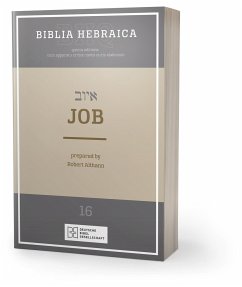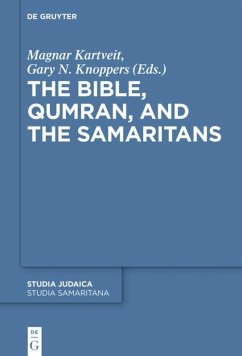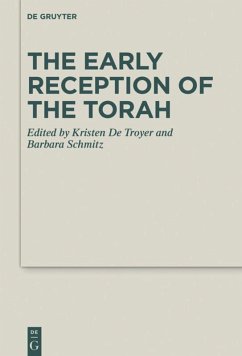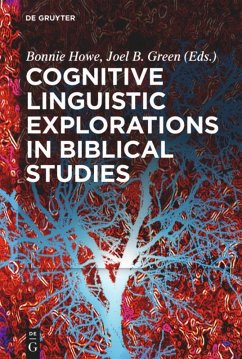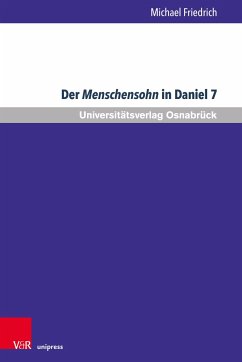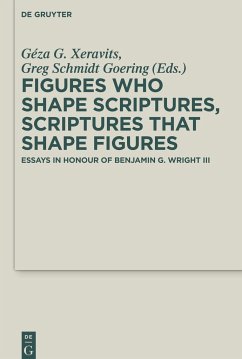Nicht lieferbar
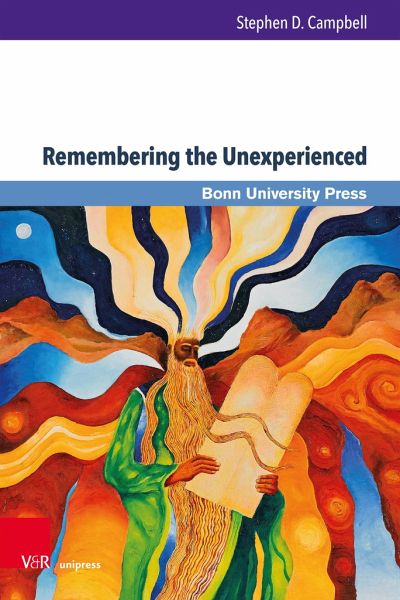
Remembering the Unexperienced
Cultural Memory, Canon Consciousness, and the Book of Deuteronomy
Versandkostenfrei!
Nicht lieferbar
This book argues that a helpful framework within which to interpret the paraenesis of Deuteronomy 4:1-40 can be constructed through interaction with the cultural memory interests of German Egyptologist Jan Assmann and the canonical approach of U.S. biblical theologian Brevard Childs. By bringing Assmann's cultural memory concerns to bear on the world within the text, Deuteronomy is brought into fruitful contact with questions from the field of sociology; by asking these questions in interaction with the theologically rich formulation of canon offered by Childs's canonical approach, Deuteronomy...
This book argues that a helpful framework within which to interpret the paraenesis of Deuteronomy 4:1-40 can be constructed through interaction with the cultural memory interests of German Egyptologist Jan Assmann and the canonical approach of U.S. biblical theologian Brevard Childs. By bringing Assmann's cultural memory concerns to bear on the world within the text, Deuteronomy is brought into fruitful contact with questions from the field of sociology; by asking these questions in interaction with the theologically rich formulation of canon offered by Childs's canonical approach, Deuteronomy is interpreted as an authoritative witness to God for contemporary communities of faith. As a result of this reading strategy the communal and trans-generational nature of covenant stands out. This emphasis, in turn, influences the way Horeb is remembered by later generations and how that memory is transmitted from one generation to the next through ritual practice and the text of Scripture.







